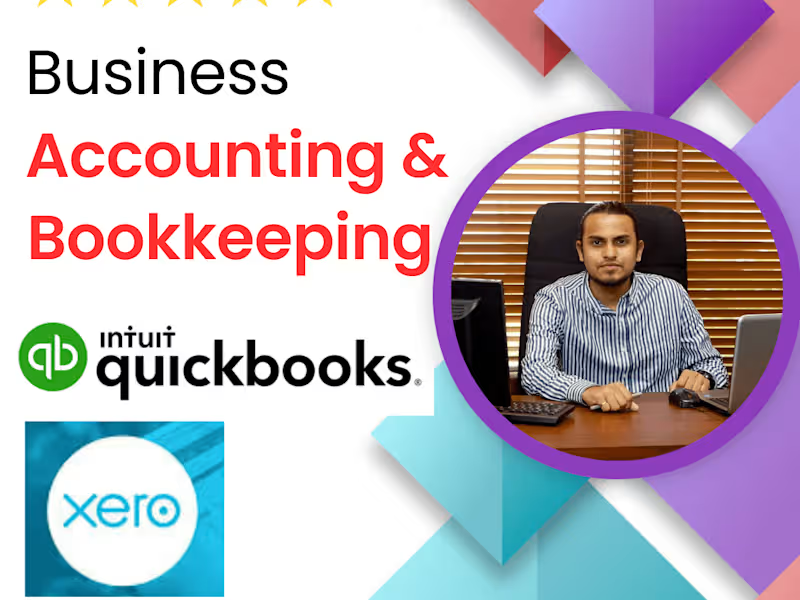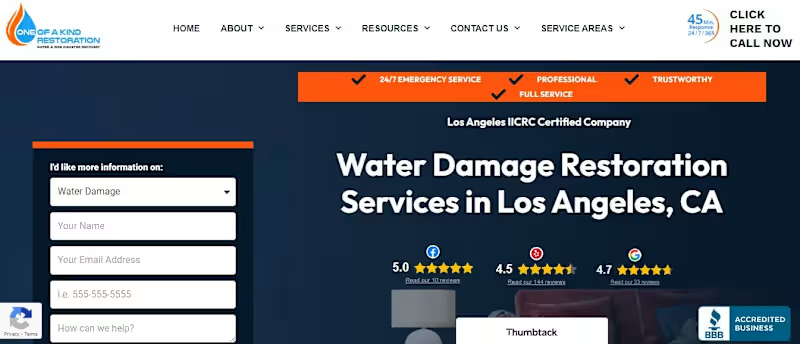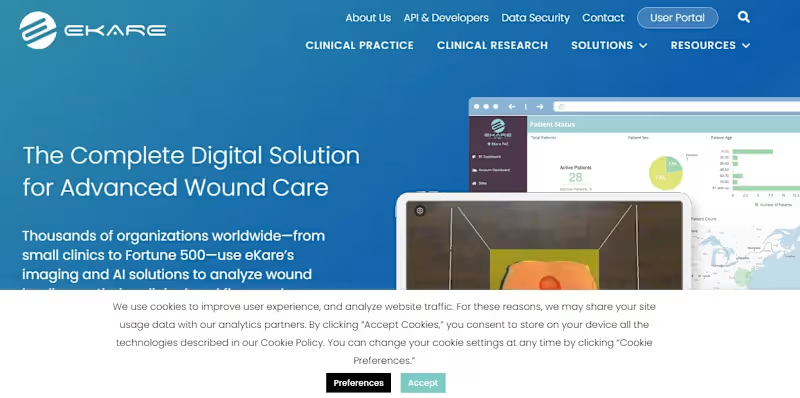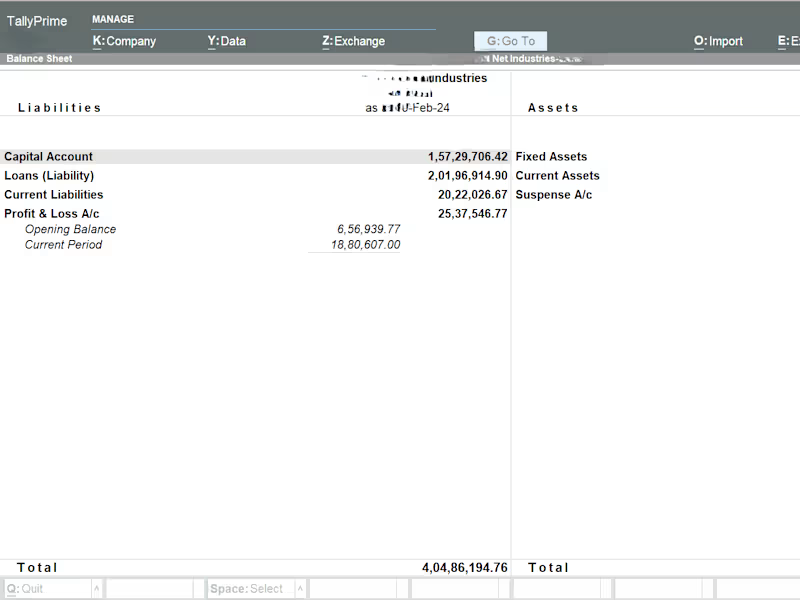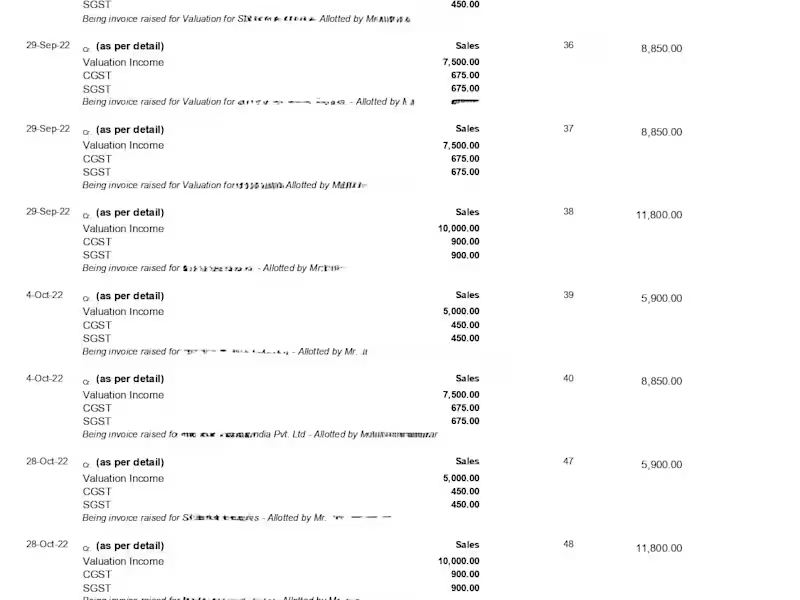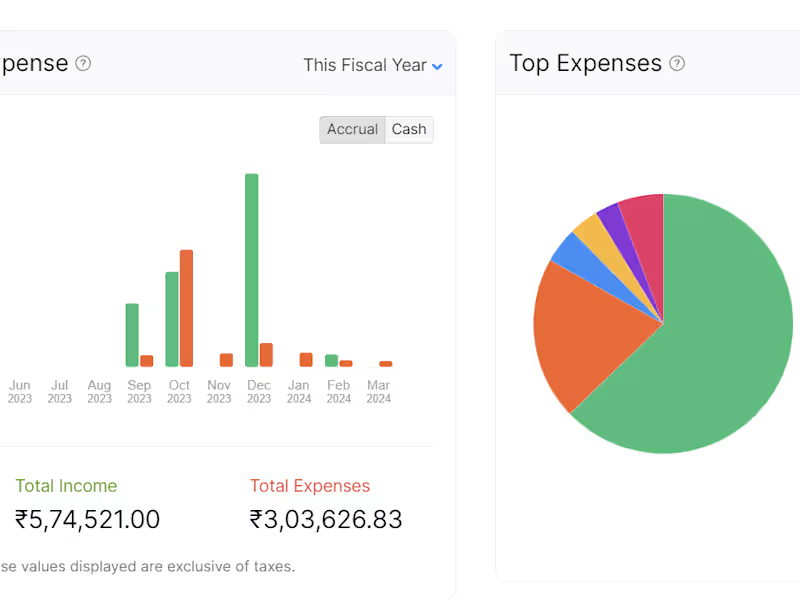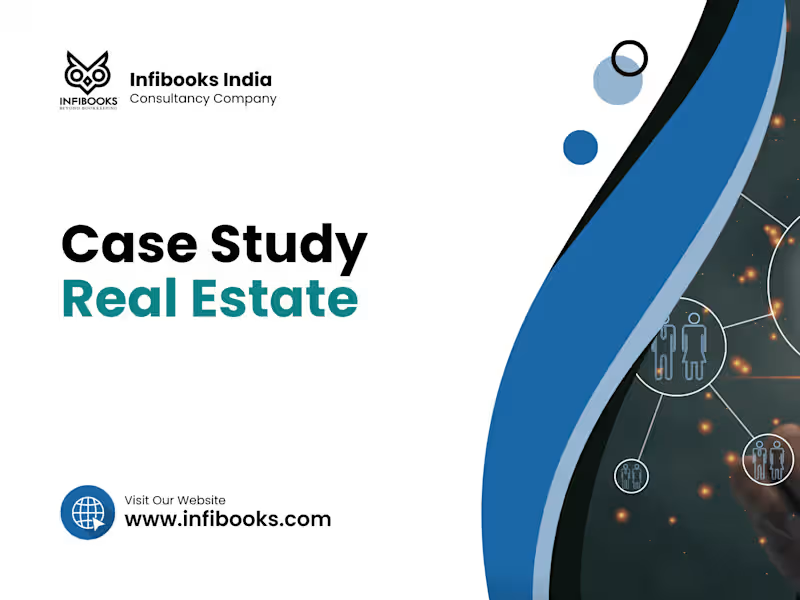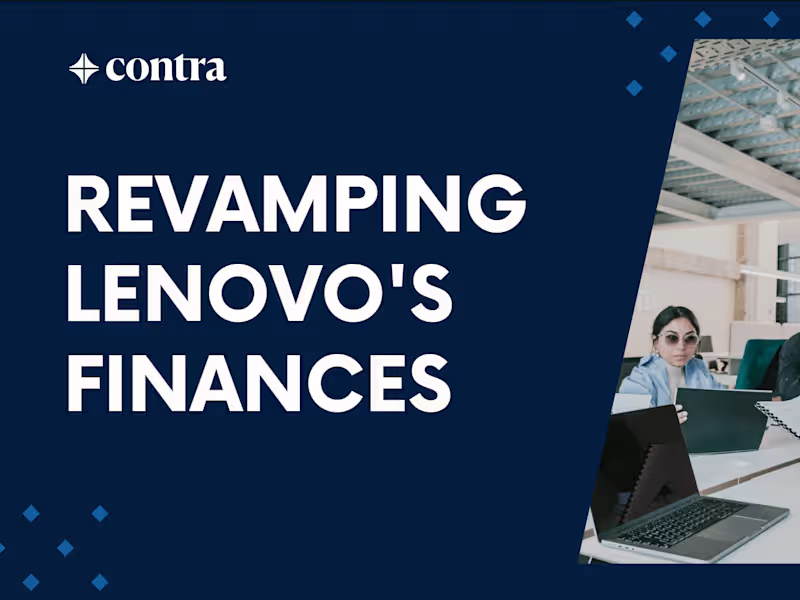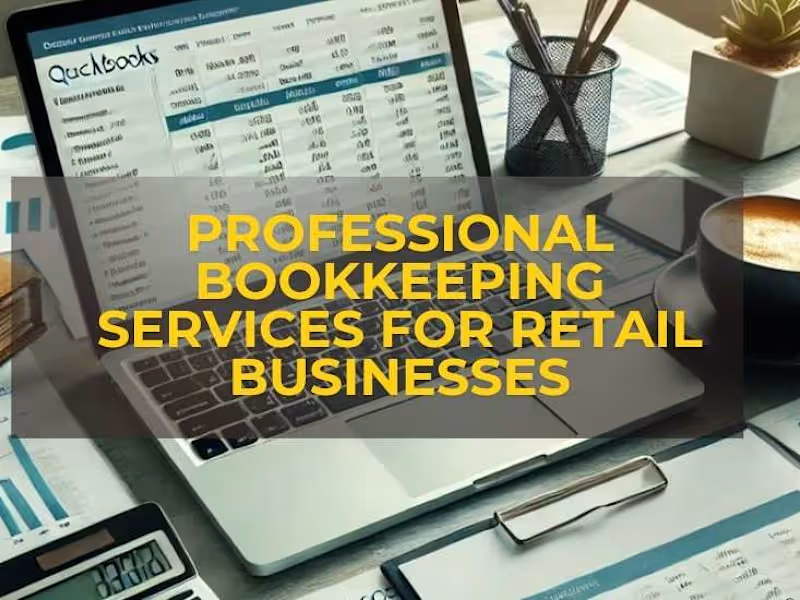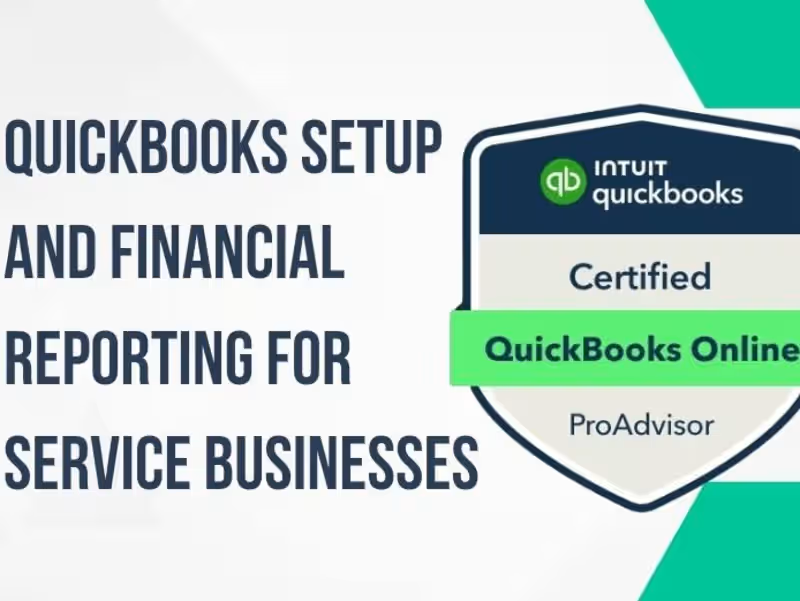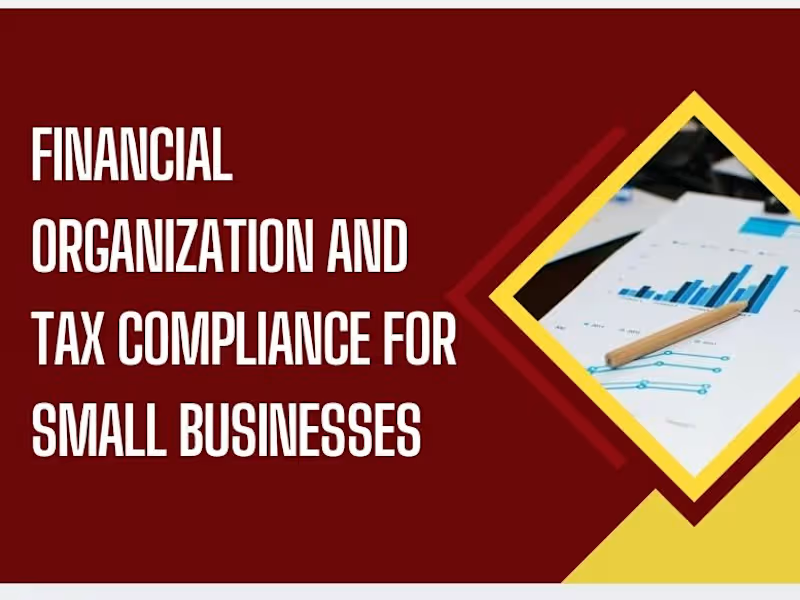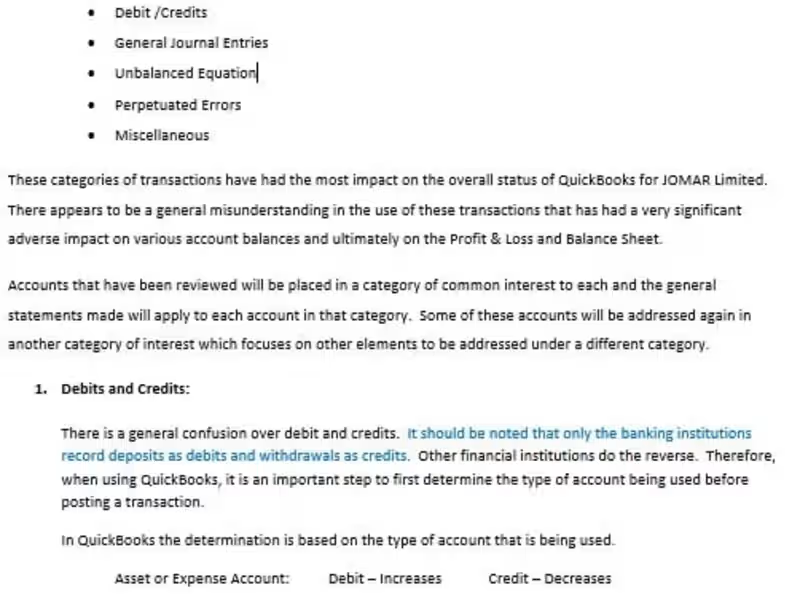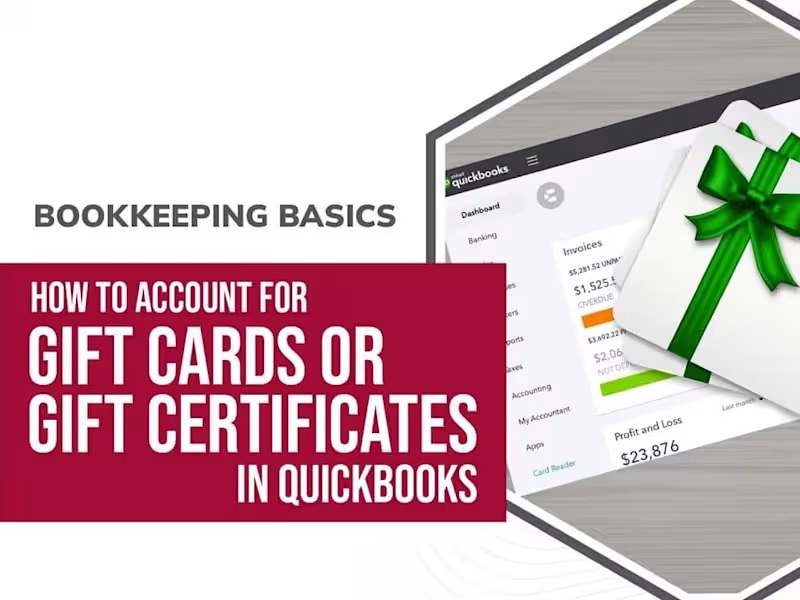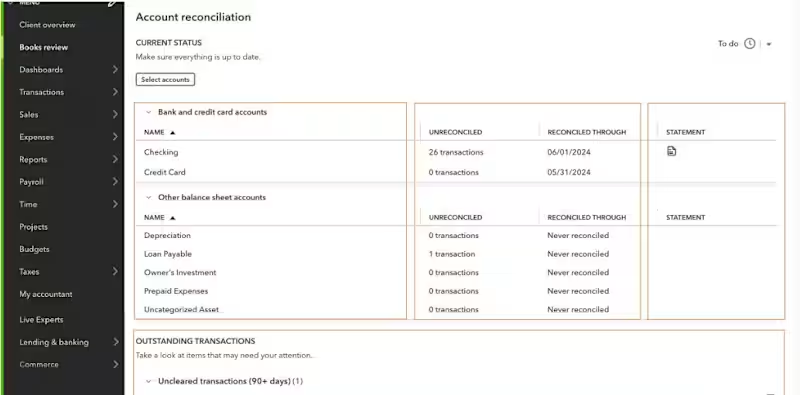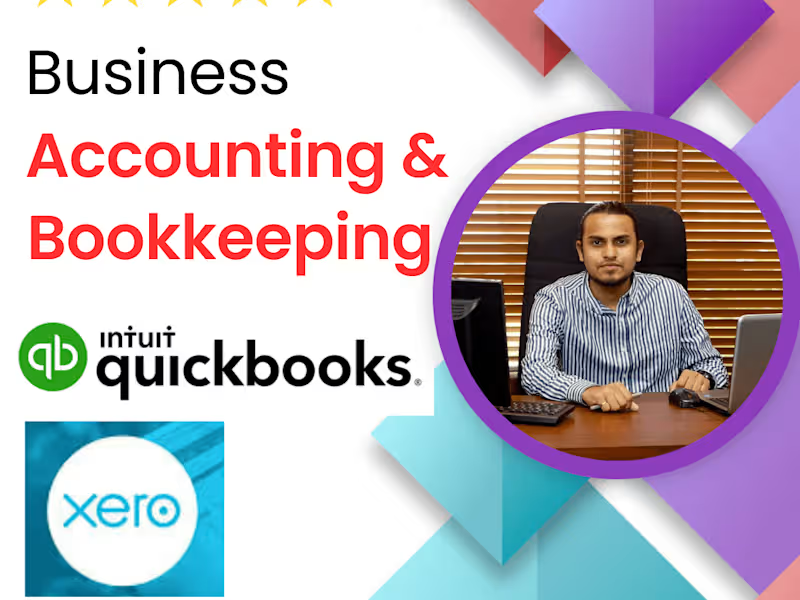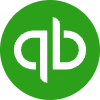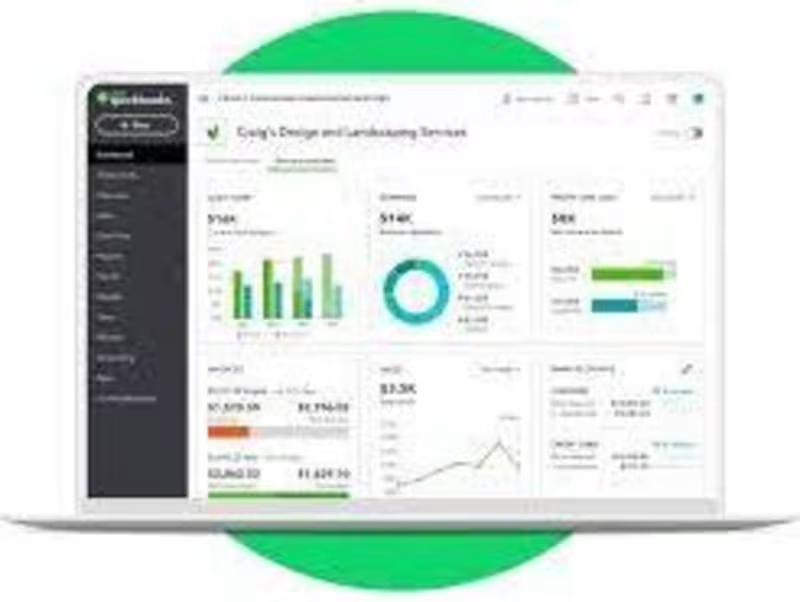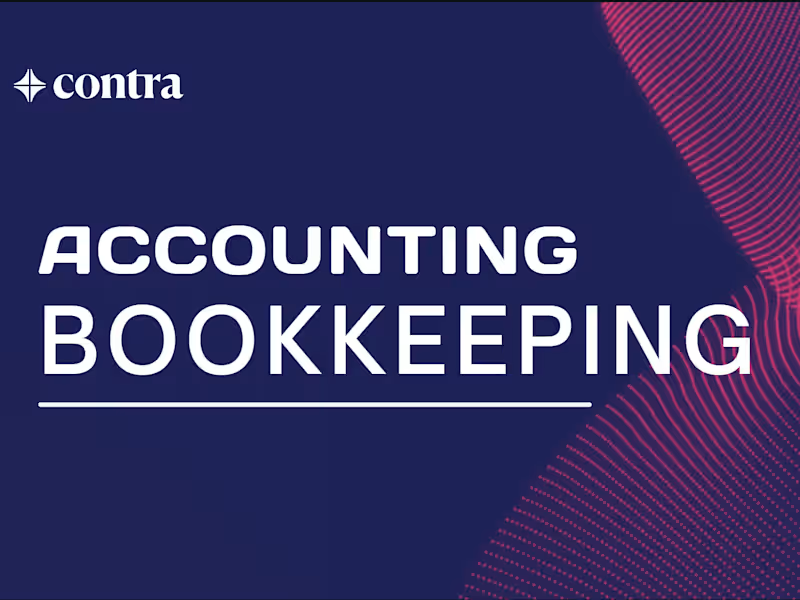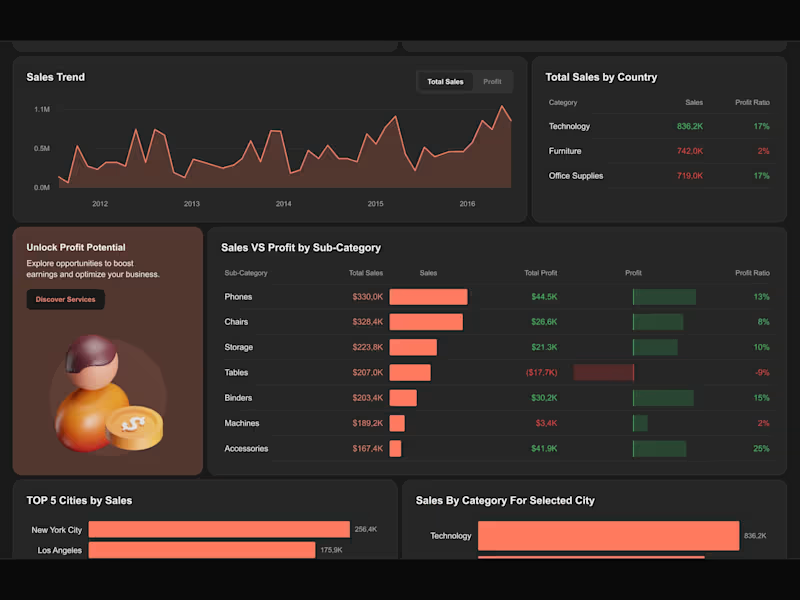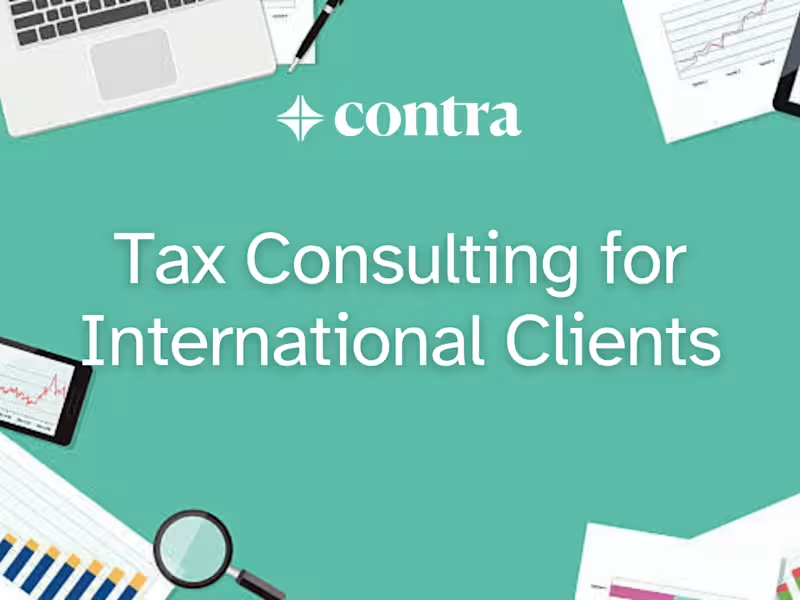How do I define the bookkeeping tasks I need?
Start by listing all the tasks you need help with. Think about daily, monthly, and yearly tasks. Be clear whether it's organizing receipts, managing invoices, or preparing financial statements. This helps in finding a bookkeeper who can handle everything you need.
What should I include in my project brief?
Include details like the type of bookkeeping work and how often you need updates. Mention any specific software you want to use. Make sure to say how you like to communicate, too. This will help set clear expectations.
How can I ensure the bookkeeper understands my industry?
Think about the unique financial needs of your industry. Look for a bookkeeper with experience in your field. Mention any industry-specific practices. This can help find someone who understands your business.
What qualifications should I look for in a bookkeeper?
Look for someone with relevant certifications or training. Ask for examples of their past work. It's important they have experiences with businesses like yours. This ensures they can work efficiently and meet your needs.
How can I align the project timeline with my business needs?
Start by understanding your business cycles and deadlines. Communicate these when setting up the project. Let the bookkeeper know when reports are due. This helps make sure everything is done on time.
What tools should we use to make bookkeeping easier?
Consider using accounting software to streamline processes. Check if the bookkeeper is familiar with these tools. Having the right tools helps to improve accuracy and efficiency in managing financial records.
How do I ensure smooth onboarding for the bookkeeper?
Provide all the necessary information quickly. This includes access to systems and tools, and a clear overview of your financials. The faster they get settled, the quicker they can start helping you.
Why is it important to agree on communication methods?
Clear communication ensures you and the bookkeeper are always on the same page. Decide if email, phone, or a tool like Slack is best. Regular updates help catch issues early and keep the project on track.
What is the benefit of setting up regular check-ins?
Regular check-ins help review progress and solve any issues. It’s a good time to adjust the scope or timelines if needed. This helps in keeping the project transparent and accountable.
How do I ensure reports are aligned with my business goals?
Discuss the format and frequency of the reports. Make sure they include the metrics that matter most to your business. This way, reports help you make informed decisions and track growth.
Who is Contra for?
Contra is designed for both freelancers (referred to as "independents") and clients. Freelancers can showcase their work, connect with clients, and manage projects commission-free. Clients can discover and hire top freelance talent for their projects.
What is the vision of Contra?
Contra aims to revolutionize the world of work by providing an all-in-one platform that empowers freelancers and clients to connect and collaborate seamlessly, eliminating traditional barriers and commission fees.







































